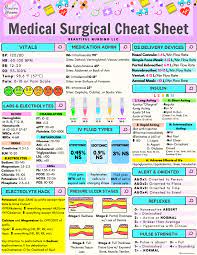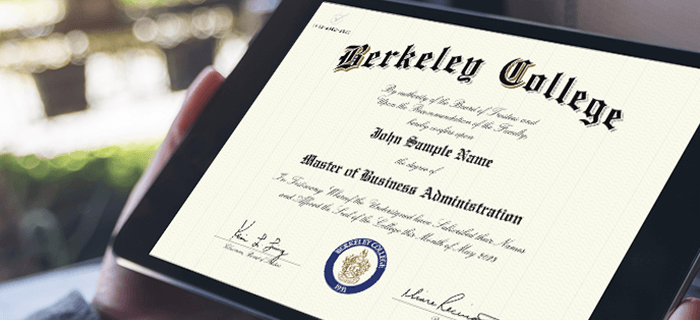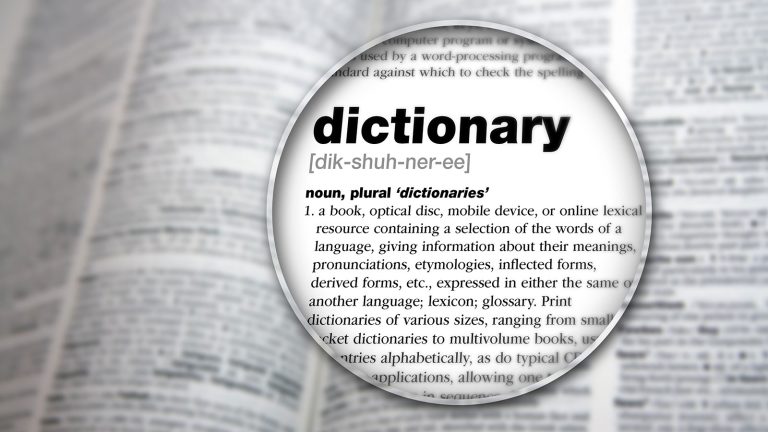Streamline Your Research Group Management: Essential Tools and Tips
Effective research group management is critical for academic success and productivity. Whether you’re leading a small team or a larger research project, maintaining organization and clear communication is essential. This article will explore essential tools and tips that can help you streamline your research group management, enhance collaboration, and improve overall productivity.
The Importance of Effective Research Group Management
Managing a research group involves coordinating various tasks, including project planning, data collection, communication, and collaboration among team members. Effective management can lead to:
- Increased Productivity: A well-organized team can focus on research tasks without wasting time on miscommunication or disorganization.
- Enhanced Collaboration: Clear channels of communication foster collaboration and knowledge sharing among team members.
- Better Time Management: Efficient scheduling and task management can help keep projects on track and meet deadlines.
- Improved Morale: A positive and organized work environment boosts team morale and encourages a more productive atmosphere.
Essential Tools for Research Group Management
Here are some essential tools that can help streamline research group management, facilitate communication, and enhance productivity:
1. Project Management Software
Project management software helps organize tasks, deadlines, and progress tracking. Popular options include:
- Trello: A visual task management tool that allows you to create boards for different projects, add tasks as cards, and assign them to team members. It’s user-friendly and ideal for tracking progress in a flexible way.
- Asana: A robust platform that allows for detailed project planning, task assignment, and deadline tracking. Asana offers various views (list, board, calendar) to cater to different preferences.
2. Communication Tools
Effective communication is vital for any research group. Tools to consider include:
- Slack: A messaging platform that facilitates real-time communication among team members. You can create channels for specific projects or topics, making it easy to keep conversations organized.
- Microsoft Teams: This tool integrates chat, video calls, and file sharing, making it a great option for team collaboration, especially if your institution uses Microsoft Office 365.
3. Document Collaboration Tools
Collaborative document editing ensures that all team members can contribute to research papers, proposals, and presentations. Useful tools include:
- Google Docs: Allows multiple users to edit documents simultaneously, providing real-time updates and commenting features.
- Overleaf: An online LaTeX editor ideal for collaborative writing of academic papers and technical documents.
4. Reference Management Software
Keeping track of citations and references is crucial for any research project. Consider using:
- Zotero: A free tool that helps you collect, organize, and cite your research materials. It offers browser extensions to save references directly from web pages.
- Mendeley: A reference manager that allows you to organize your research, collaborate with others, and discover new research in your field.
5. Scheduling Tools
Efficient scheduling helps coordinate meetings and deadlines effectively. Consider these tools:
- Doodle: A simple scheduling tool that allows participants to indicate their availability, making it easy to find suitable meeting times for everyone.
- Calendly: Integrates with your calendar to let team members book meetings based on your availability, reducing back-and-forth emails.
6. Data Management Tools
For research groups dealing with large datasets, data management tools can help organize and analyze information. Consider:
- Google Sheets: A cloud-based spreadsheet tool that allows for collaboration on data entry and analysis in real time.
- Qualtrics: An advanced survey tool that helps collect and analyze data from participants, ideal for research studies involving surveys.
Tips for Streamlining Research Group Management
In addition to using the right tools, implementing effective management strategies can further enhance your research group’s productivity. Here are some tips to consider:
1. Set Clear Goals and Expectations
Clearly define project goals and individual roles within the group. Setting measurable objectives and deadlines helps ensure everyone is on the same page and working toward common goals.
2. Establish Regular Check-Ins
Hold regular meetings or check-ins to discuss progress, challenges, and next steps. These meetings foster open communication and allow team members to address any issues that may arise.
3. Foster a Collaborative Environment
Encourage team members to share ideas, provide feedback, and collaborate on projects. A supportive environment enhances creativity and innovation, leading to better research outcomes.
4. Document Everything
Keep thorough records of meetings, decisions, and project developments. Documentation helps maintain transparency and serves as a reference for future projects.
5. Be Flexible and Adaptable
Research projects can change direction based on findings or external factors. Be open to adjusting plans and roles as needed to ensure the team can adapt to new challenges.
6. Provide Resources and Support
Ensure team members have access to the necessary resources, training, and support. This might include professional development opportunities, access to research databases, or mentorship from experienced researchers.
Conclusion
Streamlining research group management is crucial for enhancing collaboration, improving productivity, and ensuring project success. By leveraging the right tools and implementing effective management strategies, research leaders can create a positive and organized work environment that empowers team members and fosters innovation. Whether you’re just starting a research group or looking to improve your existing management practices, these tools and tips will help you build a more efficient and effective research team.






